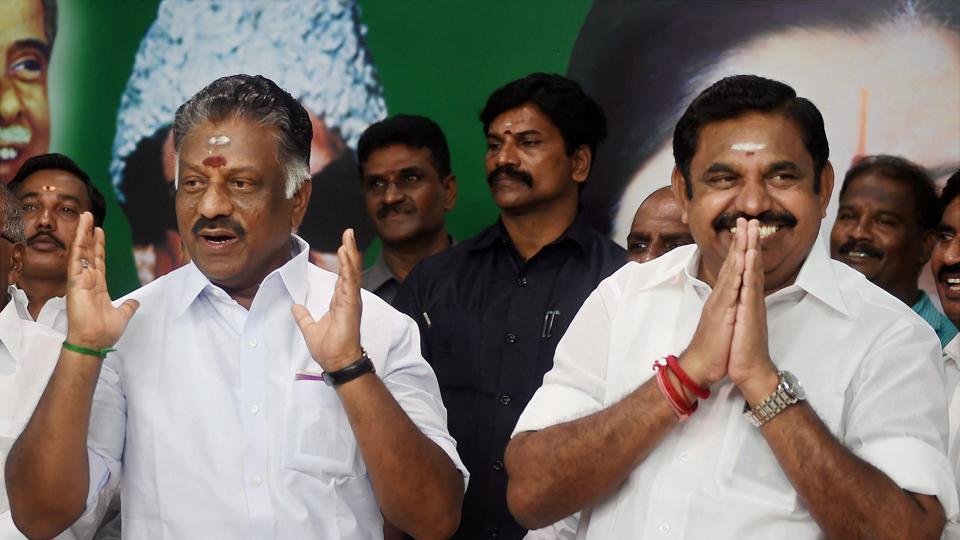The Supreme Court disposed of an appeal filed by the DMK on the disqualification of 11 AIADMK MLAs for voting against Tamil Nadu Chief Minister Edappadi K. Palanisamy in a confidence motion in 2017 after the State’s Advocate General informed the court on Friday that the Assembly Speaker has issued notice in the disqualification proceedings.
Also Chief Justice of India Sharad A. Bobde refused to put the Speaker on a deadline.
“Needless to mention the Speaker had to take a decision in accordance with the law,” Chief Justice Bobde observed in the short order closing the case.
Senior advocate Kapil Sibal once again referred to a January 21 judgment by a Supreme Court Bench led by Justice Rohinton F. Nariman, which required Speakers of Lok Sabha and State Assemblies to decide disqualification petitions within a “reasonable period” of maximum three months.
This judgment had also urged Parliament to amend the Constitution to strip Speakers, who may be biased by their respective political ideology, of their power to decide disqualification pleas under the Tenth Schedule and hand it over to an independent tribunal to decide fairly and impartially.
Mr. Sibal appears for DMK leader R. Sakkarapani, who has appealed an April 2018 order of the Madras High Court.
In its 57-page order, the High Court had held that it could not, merely on the basis of a writ petition under Article 226, encroach on the Speaker’s powers under the Tenth Schedule.
The court had further refrained from passing any orders on the prayer made by Mr. Sakkarapani to issue a mandamus to the Speaker to disqualify the 11 AIADMK legislators under the anti-defection law.
Mr. Sakkarapani’s petition had said 11 MLAs from the Panneerselvam faction voted against the trust vote on February 18, 2017.
The plea for their disqualification was made before the Speaker under Paragraph 2 (1)(b) of the Tenth Schedule of the Constitution. This comes as a big relief for 124 MLAs run ADMK government , which has got 7 MLAs over majority mark as this ensures completion of their 5 year period









